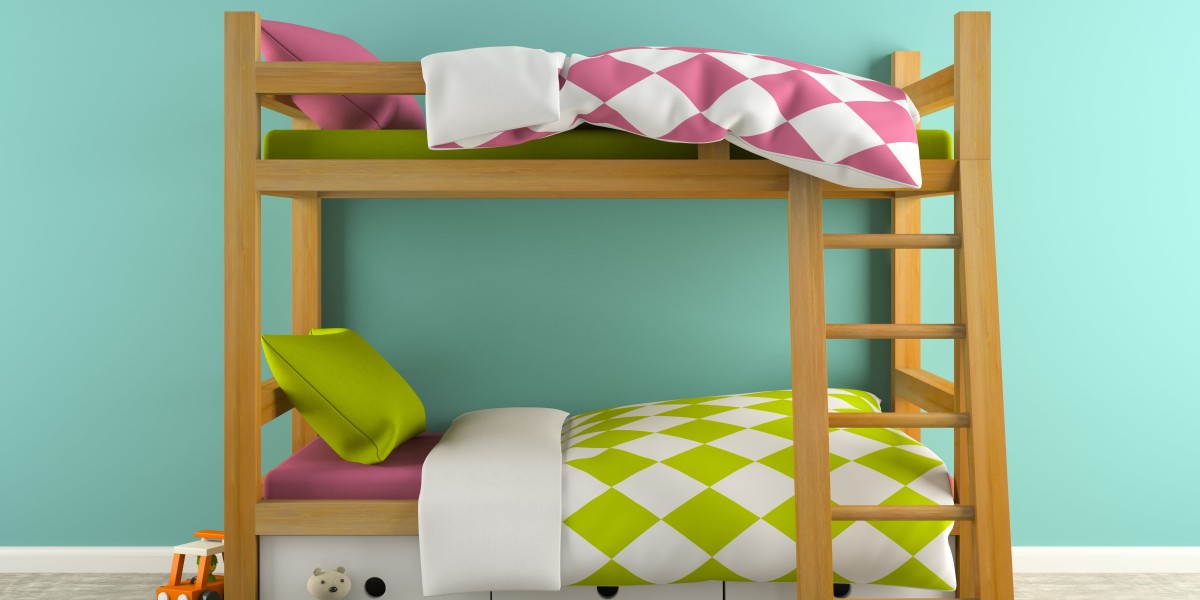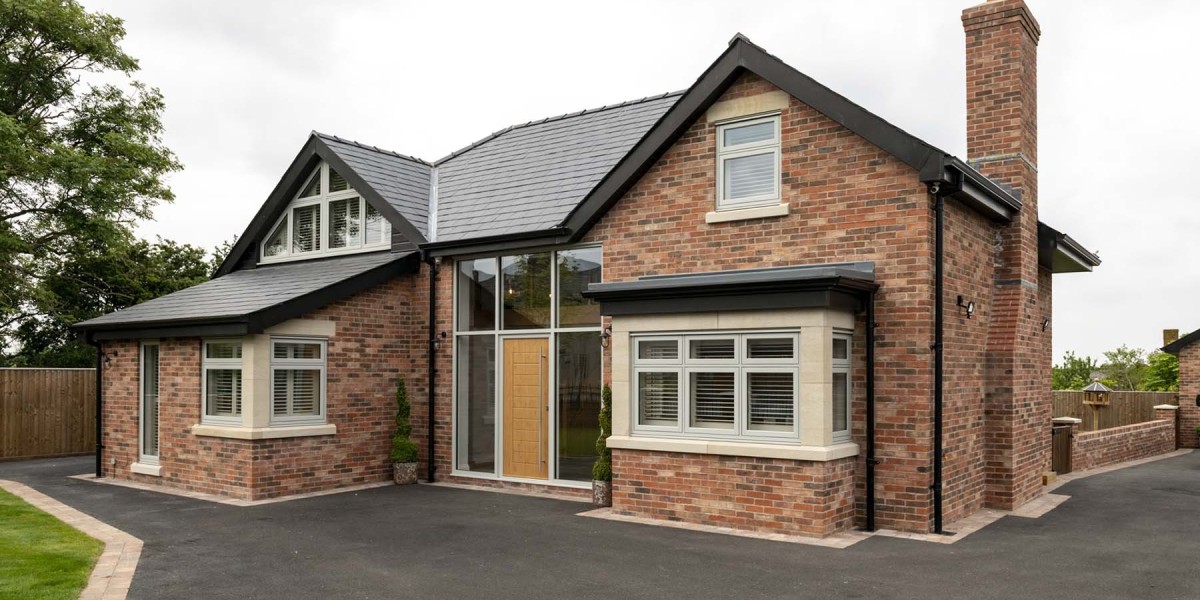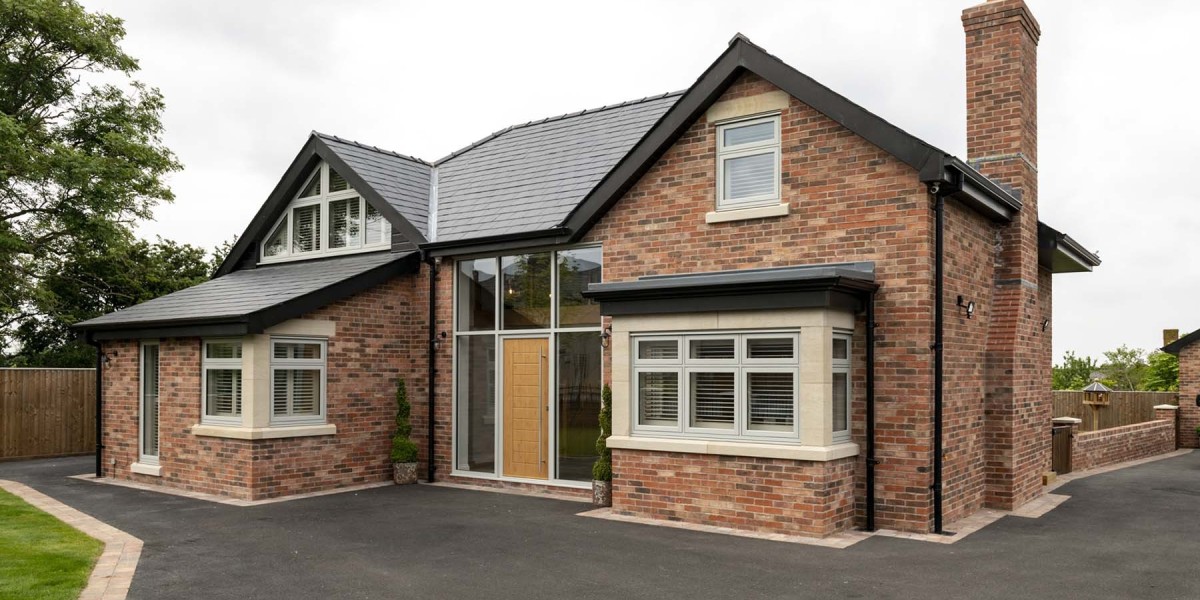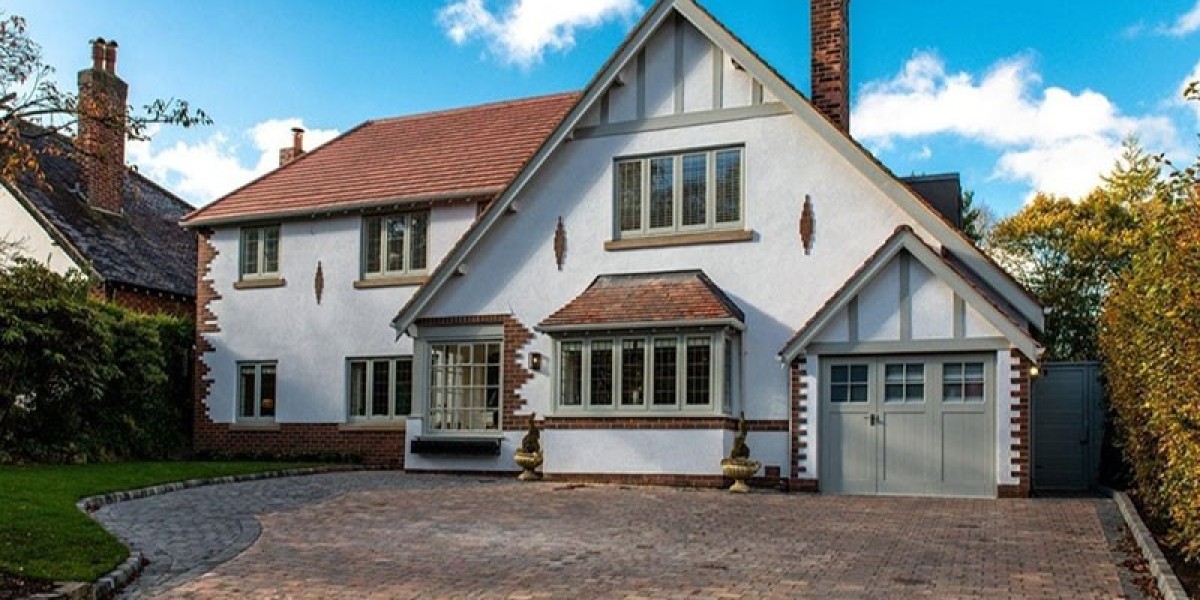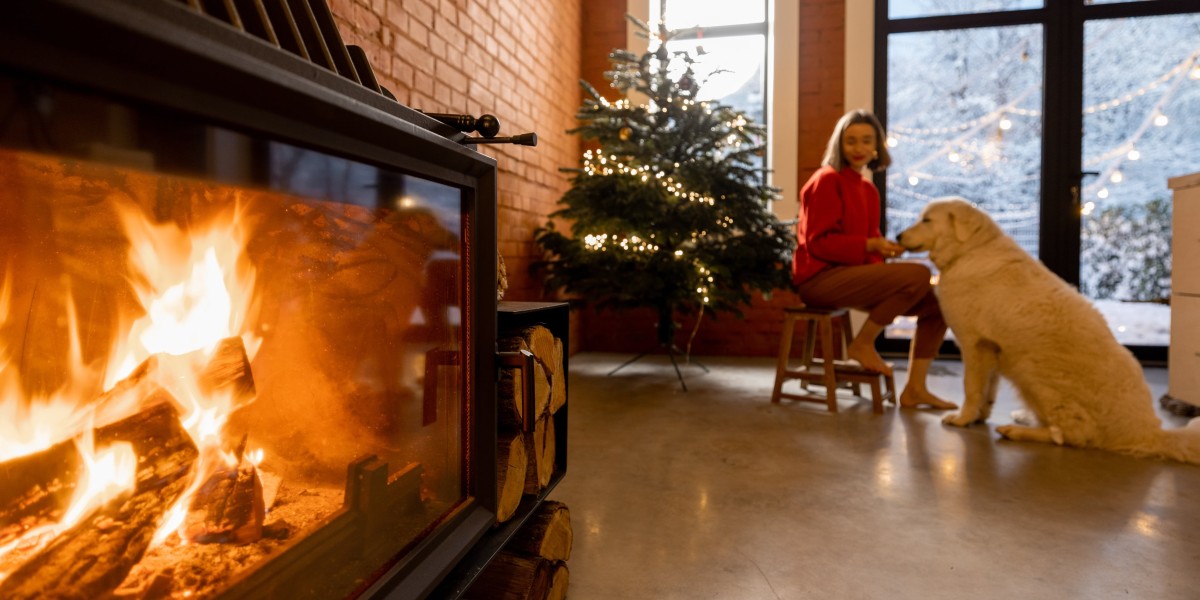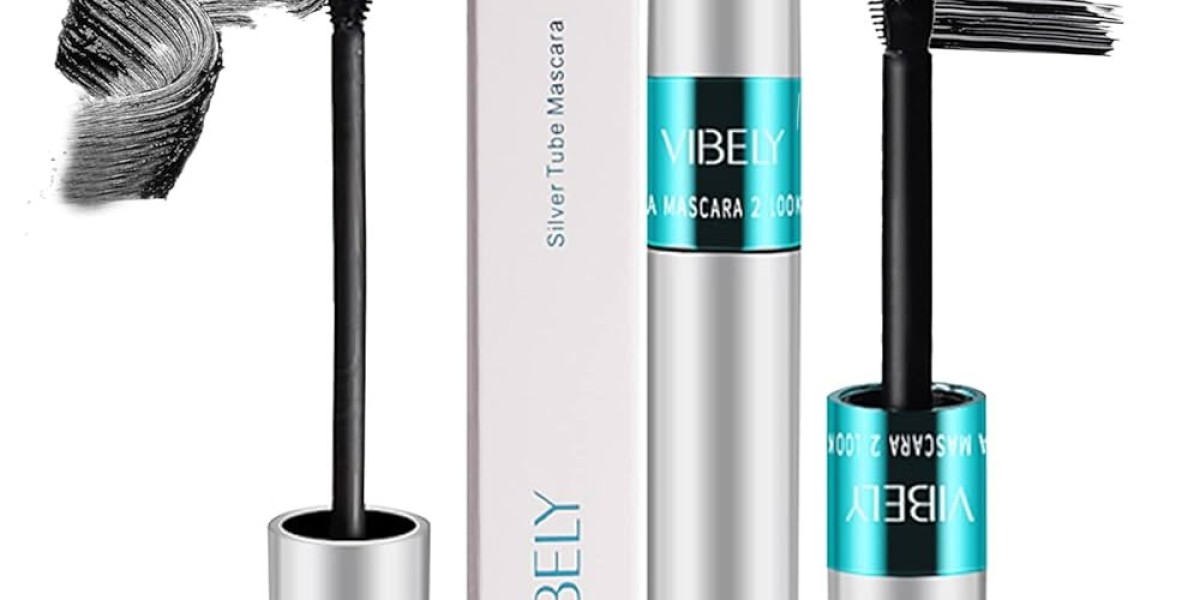Bunk Beds Sale: A Comprehensive Guide to Choosing the Right Bunk Bed for Your Home
Bunk beds have long been a staple in children's bedrooms, using a mix of space-saving performance and enjoyable. Whether accommodating siblings, good friends on slumber parties, or just maximizing a playroom, bunk beds have actually ended up being an important element in modern household homes. As sales on bunk beds increase, it becomes progressively crucial for consumers to make educated decisions when buying one. This short article will cover the essentials of acquiring a bunk bed, from types to safety features, along with tips for keeping the stability of your investment.
Types of Bunk Beds
When thinking about a bunk bed sale bunk bed, it's crucial to comprehend the various styles readily available on the market. Below are the most typical types:
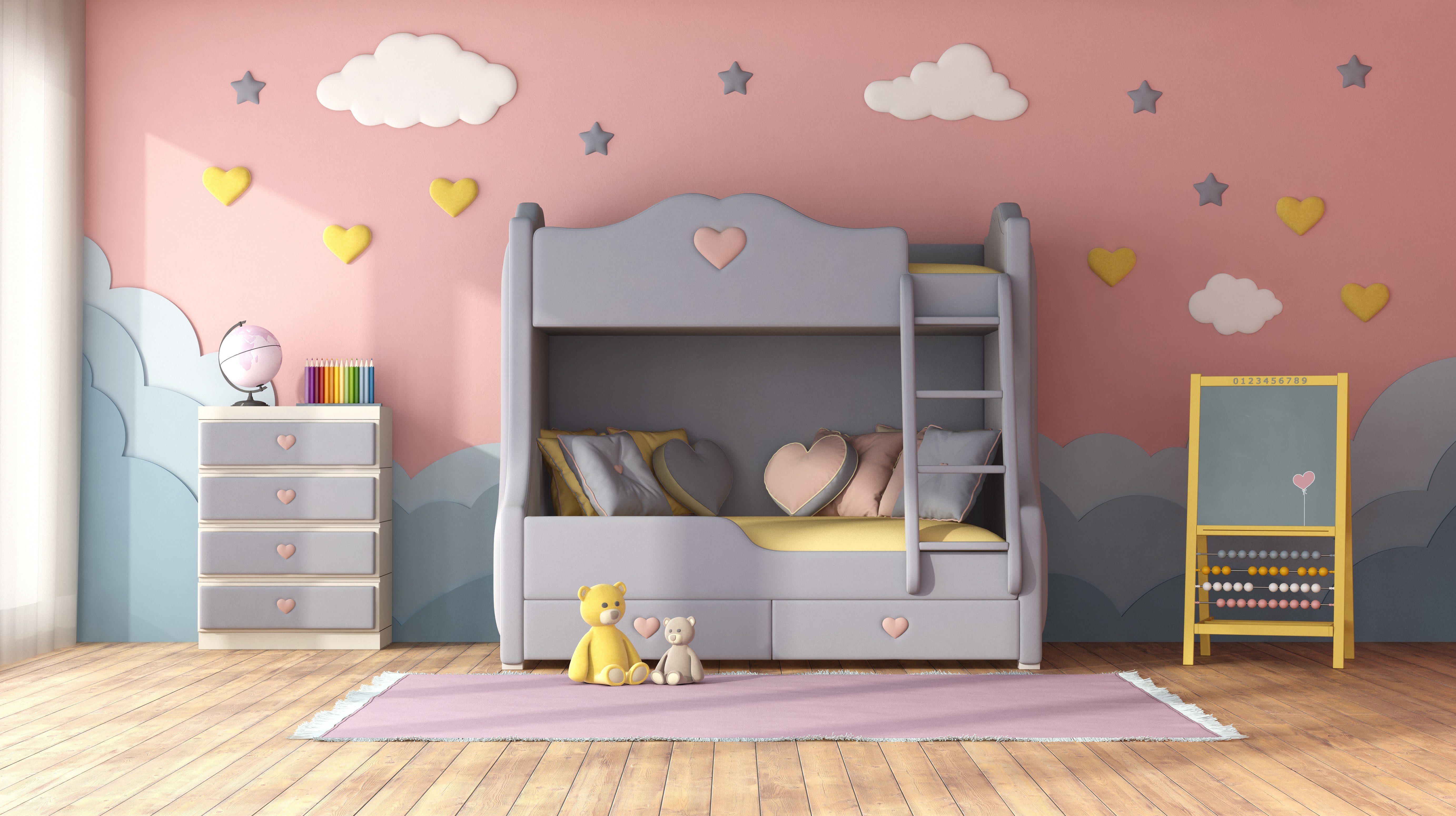
Traditional Bunk Beds: These include 2 beds stacked one above the other, sharing a single frame. They are typically the most affordable alternative.
L-Shaped Bunk Beds: This style includes one bed positioned vertically and another horizontally. This plan produces additional space below the upper bed, which can be utilized for storage or a backyard.
Lofted Beds: Similar to traditional bunk beds but with no lower bed. Rather, the space underneath can be used for a desk, play area, or extra storage.
Triple Bunk Beds: For families with a larger variety of kids or frequent slumber parties, triple bunk beds offer 3 sleeping locations in a space-efficient design.
Futon Bunk Beds: These styles merge bunk beds and futon couches. The bottom area transforms into a separate seating area, enhancing functionality.
Convertible Bunk Beds: These beds can be separated into two individual beds, making them versatile as kids's requirements alter gradually.
Table 1: Comparison of Bunk Bed Types
| Type | Description | Space Efficiency | Extra Features |
|---|---|---|---|
| Conventional Bunk Bed | 2 beds stacked vertically | High | Simplest design |
| L-Shaped Bunk Bed | One vertical and one horizontal bed | Moderate | Play or storage space |
| Lofted Bed | Elevated bed with open space below | High | Work/play area |
| Triple Bunk Bed | Three stacked beds | Really High | Accommodates more users |
| Futon Bunk Bed | Bunk Beds Sale bed with a convertible futon | High | Multi-functional |
| Convertible Bunk Bed | Can be divided into 2 separate beds | Moderate | Flexibility & & durability |
Security Features to Consider
Safety is vital when investing in a bunk bed. Below are key security functions to look for:
Guardrails: Adequate guardrails must be present on both sides of the upper bunk to avoid falls. They must be at least 5 inches greater than the bed mattress.
Ladder Design: Look for durable, broad ladders with slip-resistant rungs. Guarantee that the angle is not too high for easy access.
Stability: Ensure the bed is constructed with strong materials, such as solid wood or sturdy metal. The bed ought to not wobble when in use.
Weight Limit: Check the weight capability of the bunk beds house bed to guarantee it can accommodate the designated users safely.
Product Safety: If possible, select beds made from non-toxic products or those meeting security requirements for children's furnishings.
Table 2: Essential Safety Features
| Feature | Description | Importance |
|---|---|---|
| Guardrails | Sides of upper bed to avoid falls | Vital for child security |
| Ladder Design | Solid, slip-resistant rungs | Aids safe and easy access |
| Stability | Build quality to prevent wobbling | Guarantees security and longevity |
| Weight Limit | Maximum weight capability | Prevents accidents |
| Material Safety | Non-toxic, safe materials | Safeguards children's health |
Maintenance Tips for Bunk Beds
To extend the life of your bunk bed and ensure continuous security, think about the following maintenance ideas:
Regular Inspections: Periodically check the structure for loose screws, bolts, or any signs of wear. Tighten fasteners as necessary.
Clean Periodically: Dust and tidy the surface areas frequently. Usage proper cleaners that will not damage the surface.
Inspect Weight Limits: Be mindful of weight limitations, particularly with older kids or adults who may want to utilize the upper bunk.
Avoid Climbing on Guardrails: Educate children not to utilize guardrails for climbing up or playing to minimize the risk of mishaps.
Frequently Asked Questions (FAQs)
Q1: What is the age limit for children to safely utilize bunk beds for kids beds?A: While it differs by the maker, lots of advise that kids under six must not oversleep the upper bunk due to safety concerns.
Q2: How can moms and dads dissuade hazardous climbing?A: Setting clear guidelines about bunk bed use and monitoring children can assist. Furthermore, using a bed tent can discourage climbing up while developing an enjoyable sleep environment.
Q3: What should I think about when embellishing a room with bunk beds?A: Ensure there suffices space around the bunk bed for safe movement, and utilize the decor to produce individualized spaces for each child.
Q4: Is a lofted bed suitable for older children?A: Yes, lofted beds can be appropriate for older kids as long as they satisfy security requirements and the child is responsible enough to use them securely.
Bunk beds serve a functional function while including an element of enjoyable to a child's bed room. As sales of bunk beds continue to increase, cautious consideration of types, security functions, and upkeep practices is necessary for moms and dads and caregivers. By comprehending these essential elements, households can find the ideal bunk bed for their home, ensuring both practicality and security for several years to come. Whether it's for brother or sisters sharing a space or developing a relaxing slumber party space, a well-chosen bunk bed can provide pleasure and practicality, making it a deserving financial investment.
